Filter by
749 results found
-
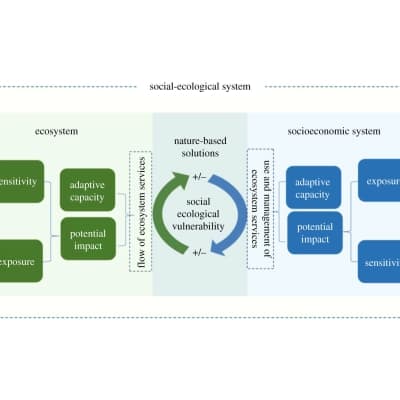
Understanding the value and limits of nature-based solutions to climate change and other global challenges
Understanding the value and limits of Nature-based Solutions to climate change and other global challenges. We discuss how NbS can contribute to climate change mitigation and adaptation, and in what ways NbS is limited in a warming world. We examine NbS for adaptation in the context of the vulnerability framework, and look at how the […] -

10 Days. 100 Climate Change Ideas.
We’re excited to announce that the NbSI will be featured in Apolitical’s scheme: ‘Climate Innovation. 10 Days. 100 Ideas.’ Sign up now and get 100 climate policy ideas for 10 days from 10th Feb to take with you into the next decade. It features articles, quizzes, case studies, influential people to follow and more. Register for […] -
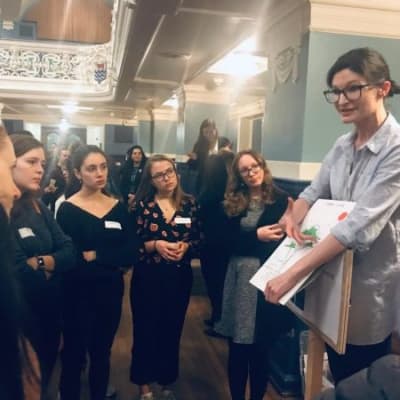
Cécile Giradin explains NbS at Oxford Women in Science
Just 35% of Science, Technology, Engineering and Mathematics (STEM) students in higher education in the UK are women. Although the physical sciences (biology, chemistry, physics) are less gender-biased than the other STEM subjects, the percentage of women still sits at just 37%. At the Women in STEM event in Oxford, Cécile took the opportunity to […] -
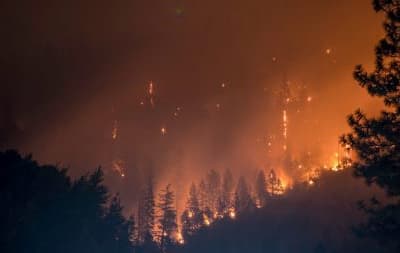
NbS at the World Economic Forum
The WEF calls for a shift towards “nature-positive economy”….but will it own the role of big business in the climate and nature crisis and ensure the radical economic transformation needed? This week 3000 leaders from business, politics and science are gathered at the World Economic Forum’s (WEF) annual meeting in Davos, Switzerland, to discuss and […] -

WEF Global Risks Report top 5 risks involve climate & nature
The World Economic Forum has published the Global Risks Report 2020 which identifies the top global risks (uncertain events that if they occur would have significant negative effects on society within the next 10 years). The risks were ranked by completion of surveys by 1047 experts in economics (25%), technology (13%), geopolitics (12%), environment (9%) […] -

Sir David Attenborough warns that ‘the moment of crisis has come’
The well-loved and highly esteemed naturalist and TV-presenter, Sir David, has publicly warned in a BBC interview that we have reached ‘the moment of crisis’ with respect to climate change. He explained that we do understand what steps we need to take to combat climate change, but simply lack the political will and that ‘every […] -
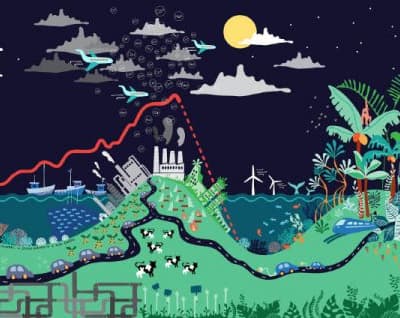
Net zero poster travels to Oxford, New York and Bangladesh
In the first of a series of posters and murals on nature and climate change, NbSI Technical Director, Cécile Girardin, worked with Christiana Figueres and collaborator Lisa Curtis to create the #netzeroposter, based on an inspiring Oxford Martin School talk by Christiana Figueres. It inspired much discussion on NbS at conferences in Oxford, New York, and […] -

Climate Science social media & app
For easily-digestible, referenced information on all aspects of climate change and its solutions, follow Climate Science on Instagram or Facebook. Isabel Key, Research Assistant and Coordinator at the NbSI, co-founded Climate Science in July. It has now grown to a team of 30 volunteer writers, reviewers, artists and programmers developing a solution-focussed educational app. Sign […] -

Stephen Woroniecki joins team
Stephen Woroniecki joins as a new Research Associate, having just completed a PhD based at Lund University on ecosystem-based adaptation in Sri Lanka. He is helping to convene the adaptation session at the NbS conference and will be helping with NbS evidence syntheses. -
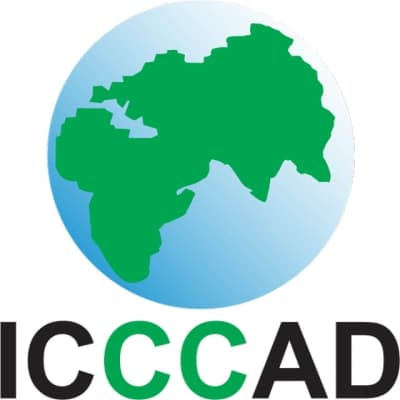
Bangladesh NbS Workshop co-hosted with ICCCAD
In mid-October, together with the International Institute for Climate Change and Development, we hosted a 2-day NbS workshop in Bangladesh as an initial step for building a community of practice. Approximately 50 stakeholders from government institutions, NGOs, universities, research organizations, think tanks, banks and businesses participated. In a series of talks and structured discussions, we […] -

NbS in a Changing Climate Conference 2020
From 7 – 9 July 2020,we are hosting a conference on NbS in a Changing Climate. In 12 sessions over three full days, we will discuss the value and limits of working with nature to meet societal goals in a warming world. We will highlight the state of the evidence for the social, ecological and […] -

Rise in climate change awareness
Several events in 2019 demonstrated increased public awareness and understanding of the importance of climate change. Fridays for Future movement has galvanized millions of people protesting across 150 countries, Greta Thunberg has become a household name, and the environment became a major topic of influence for people voting in the UK general election. Carbon offsetting […] -
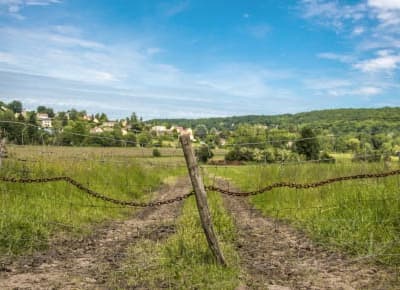
Call to return half of UK farmland to nature
There are signs that the UK government is shifting in the direction of reducing the extent of farmland, and returning swathes of land to nature. Notably, Professor Sir Ian Boyd, former chief scientific advisor to the UK government, has advised that half of the nation’s farmland should be converted into natural habitats. This is estimated […] -

Tree planting on the agenda
Late 2019 saw a surge of interest in tree planting. For example, during the December election campaign in the UK, political parties competed over how many trees they would plant if they were elected. Labour pledged to plant 2 billion trees by 2040; if extended to 2050 this would cover 25% of total land area […] -

COP25, Madrid
For two weeks in December, delegates from across the world met in Madrid for the 25th Conference of the Parties (COP25). Despite being set against a backdrop of growing public demand for immediate climate action, this meeting saw disappointing progress. Only 80 nations committed to increasing ambition in their Nationally Determined Contributions (NDCs) i.e. commitments […] -

UK Government Environment Bill
In October 2019, the UK Government introduced a landmark Environment Bill, which will come into action when the country leaves the European Union. It includes measures to improve air and water quality, reduce plastic pollution, and restore natural habitats. A new Office for Environmental Protection will be established, which will ensure that environmental standards are […] -
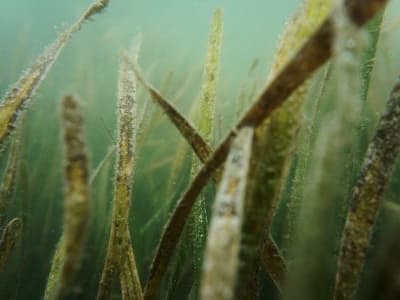
Project Seagrass – restoring seagrass as an NbS in the UK
Despite being the most overlooked marine habitat, seagrass meadows provide a number of important ecosystem services: they are nurseries for young fish that support about 20% of the world’s largest 25 fisheries, they sequester carbon about 35 times faster than tropical forests, they reduce coastal erosion, and are unique, biodiverse ecosystems. Of the UK’s 155 […] -
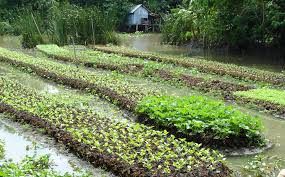
Floating agriculture in Bangladesh
During our NbS workshop in Bangladesh, we learnt about floating agriculture – a traditional practice that is going to scale in Bangladesh, allowing farmers to maintain or increase agricultural productivity and nutritional diversity in the face of increased monsoon season flooding. It involves weaving together plants, most commonly the invasive water hyacinth, to form floating […] -
Impacts of forests and forestation on hydrological services in the Andes: A systematic review
Bonnesoeur et al (2019) Forest Ecology and Management This paper is a synthesis of 155 studies on the effects of afforestation (tree-planting on naturally non-forested land) in the Andes on hydrology, erosion and landslide reduction. In contrast to public perception in the Andes, the review found that, overall, non-native tree plantations, and to a lesser […] -
Nature-based innovation systems
van der Jagt et al (2019) Environmental Innovation and Societal Transitions To build a sustainable world, transformation across many sectors is required and technology is thought to play a major enabling role. This has prompted the development of the Technological Innovation System framework, which focuses on the relationship between the social and technological systems. In […] -
Oyster breakwater reefs promote adjacent mudflat stability and salt marsh growth in a monsoon dominated subtropical coast
Chowdhury et al (2019) Scientific Reports Three self-sustaining breakwater oyster reefs were established on an eroding mudflat on Kutubdia Island, Bangladesh. Over four seasons, it was found that the 0.6m-high reefs attenuated wave energy by 95-100% when water levels were up to around 0.5m, whilst wave energy was partially dissipated with water levels of 0.5-1.0m […] -
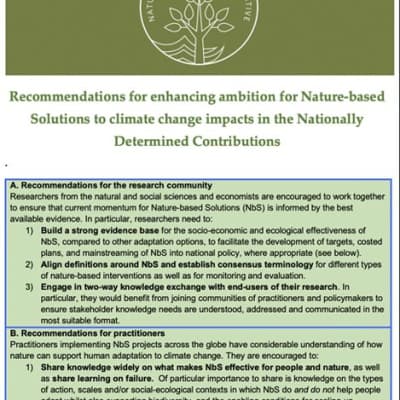
Recommendations for enhancing ambition for Nature-based Solutions
Researchers from the natural and social sciences and economists are encouraged to work together to ensure that current momentum for Nature-based Solutions (NbS) is informed by the best available evidence -
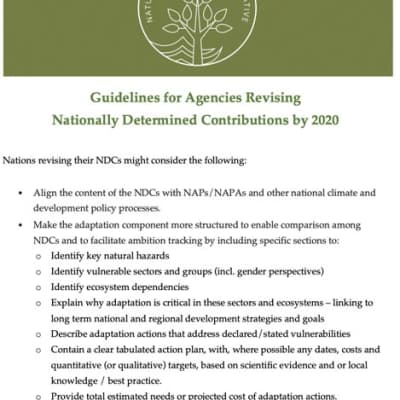
Guidelines for Agencies Revising Nationally Determined Contributions
A consideration for Nations revising their NDCs for 2020 -

PODCAST: COP25 – what just happened?
Nat Seddon featured in a ‘reaction’ episode from Futuremakers to discuss what was decided in Madrid, where hope lies and what needs to happen to make COP26 in Glasgow a success in 2020. Listen here. -

PODCAST: Nature or technology to address climate change?
In the latest Futuremakers podcast, Nat Seddon discusses the pros and cons of NbS vs. technology with Oxford colleagues Jim Hall and Helen Gavin.

